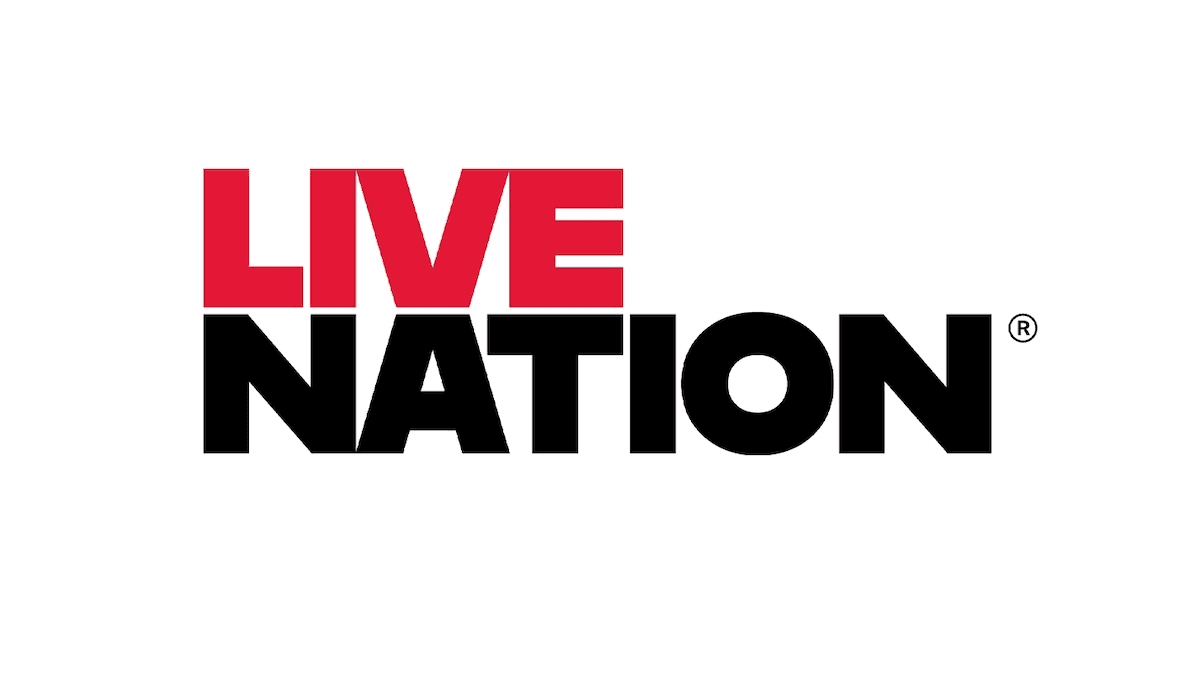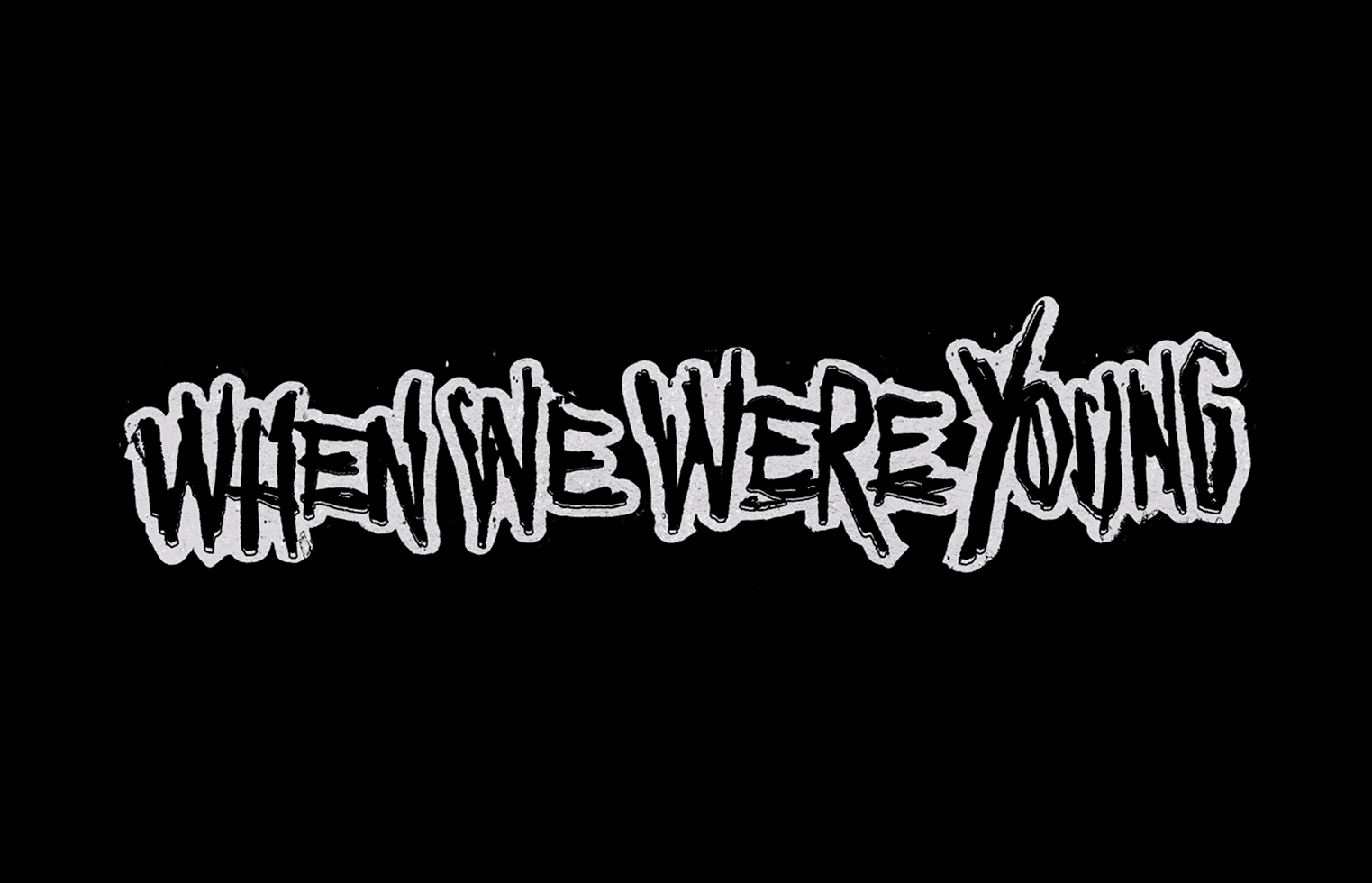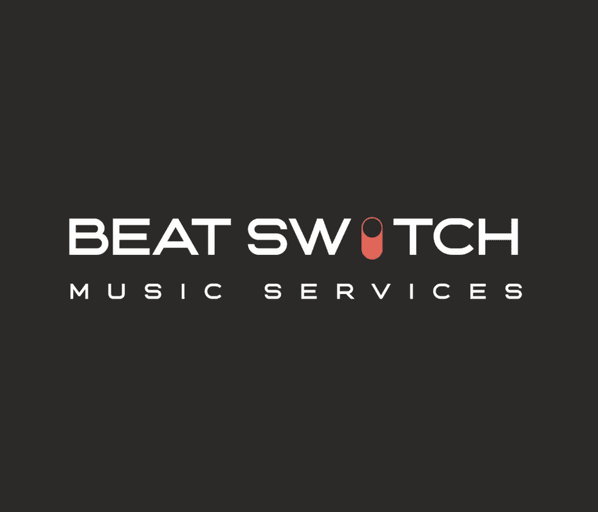
The legal battle between American internet service provider Cox Communications and the major labels has entered its next phase, with Cox submitting its opening brief to the Supreme Court.
Catching up:
For a more detailed account of the path to this point click here.
But in short, in 2019 more than 50 music companies (including the majors, of which Sony Music Entertainment was the lead plaintiff) won a $1 billion case against Cox over allegations it failed to stop users from illegally downloading music.
In August 2024 the verdict was partially overturned on appeal, with the US Appeals Court ordering a new trial on damages.
Cox sought and, in June 2025, obtained a Supreme Court review of the case and whether the ISP should be held liable for music piracy committed by its users.
The argument:
In its opening statement to the Supreme Court Cox again reiterated that the only way it could avoid paying damages to the labels in the future would be to throw “entire homes, coffee shops, hotels, military barracks and regional ISPs off of the internet.”
The ISP asserts that music piracy often happens on internet connections used by many people, meaning if it had to disconnect an account it would impact innocent users.
Earlier this year the majors argued to the Supreme Court that the lower courts held Cox liable for copyright infringement not because it failed to disconnect everyone, but because it made “no meaningful steps to stop infringement.”
In its statement Cox highlighted its anti-infringement program, which consists of email warnings and temporary suspensions. The ISP claims this has resulted in only 2% of those infringing continuing to do so.
It argued that holding Cox responsible for the alleged infringements in question “would mean that ISPs can be held responsible for literally everything bad that happens on the internet – bullying, harassment, libel, racketeering, unlawful gun sales... everything.”
Next steps:
The labels, which are aiming to reinstate the $1 billion verdict, will prepare their reply.
Amicus briefs are due on Friday September 5.
Cox Communications
Supreme Court
Sony Music Entertainment (SME)
ISP Copyright Liability
Supreme Court Precedent Impact
Major Label Lawsuits
Rising Tide of Music Litigation
Industry Legal Challenges
ISP Liability
Copyright Infringement
Litigation
Major Labels
Record Labels
Contributory Infringement
Vicarious Liability
Supreme Court Brief
United States
Washington, D.C., US
👋 Disclosures & Transparency Block
- This story was written with information sourced from Digital Music News and Complete Music Update.
- We covered it as part of our ongoing coverage of the case and its implications for the music industry.












